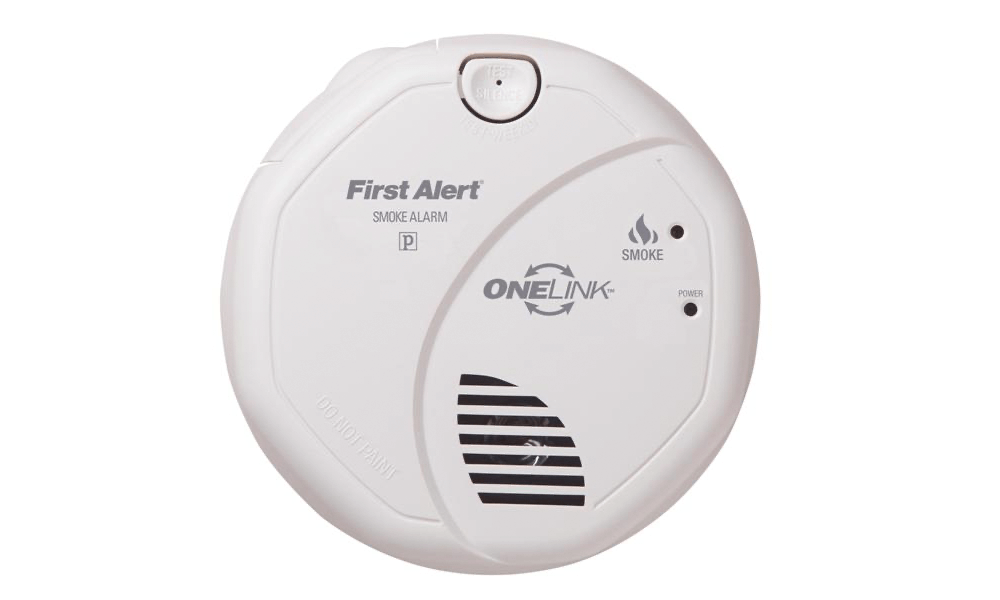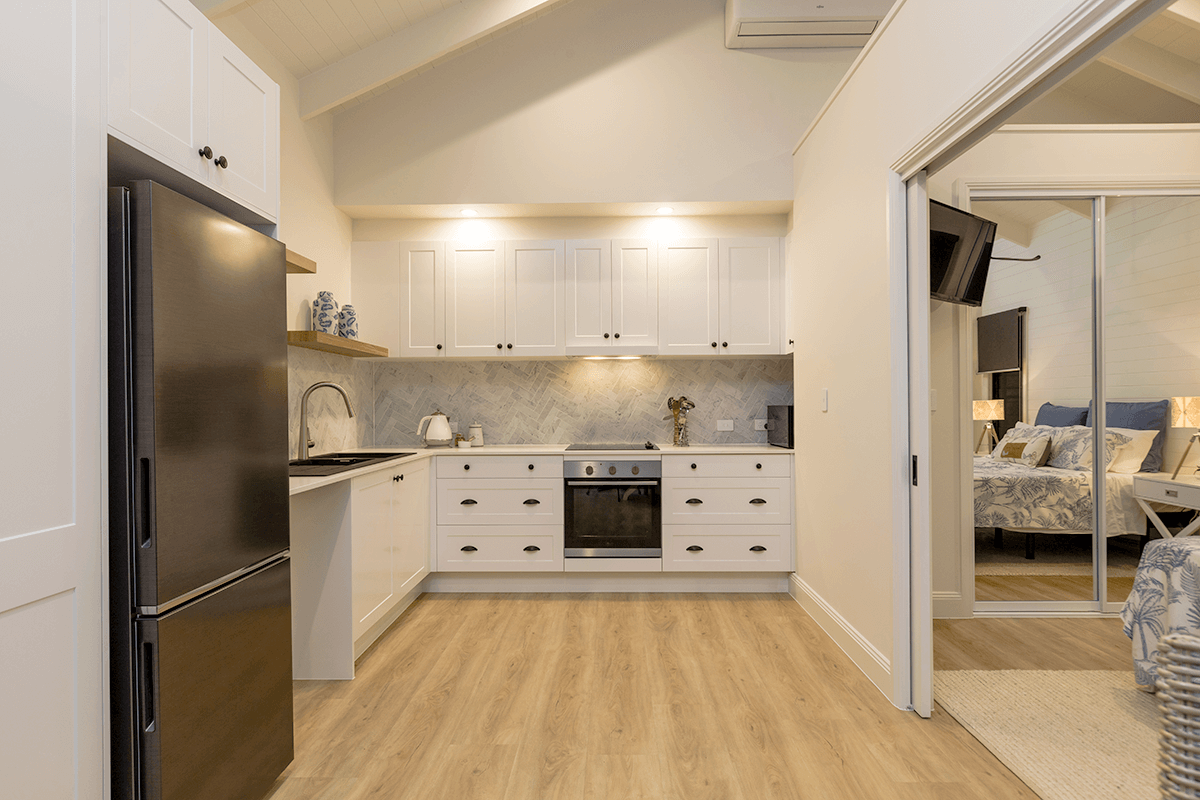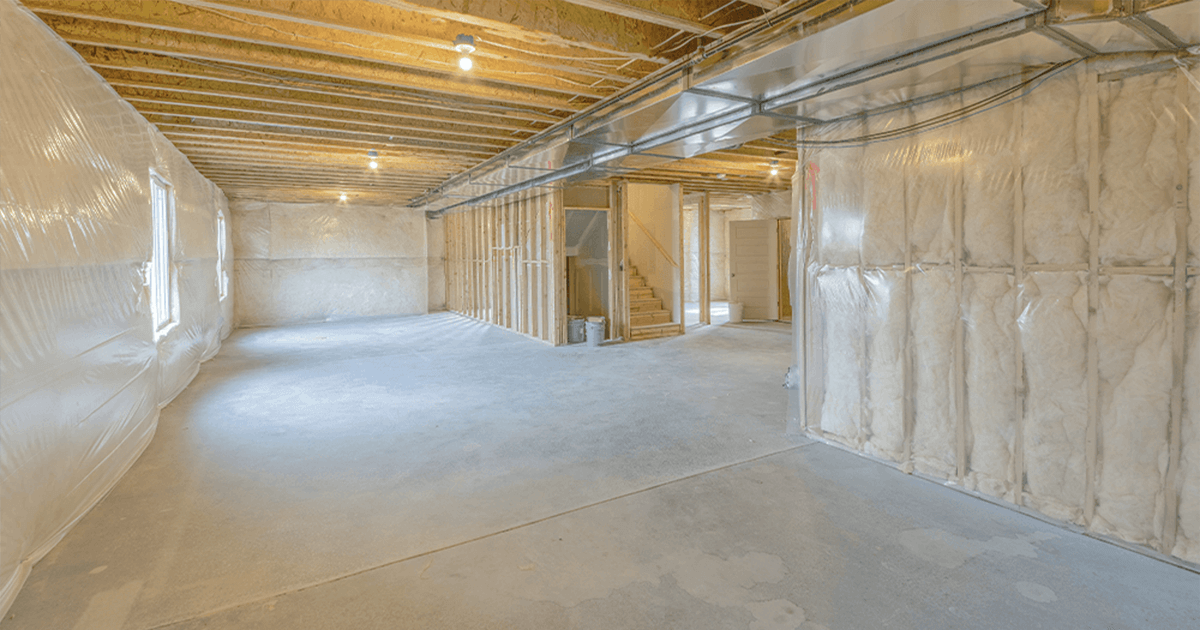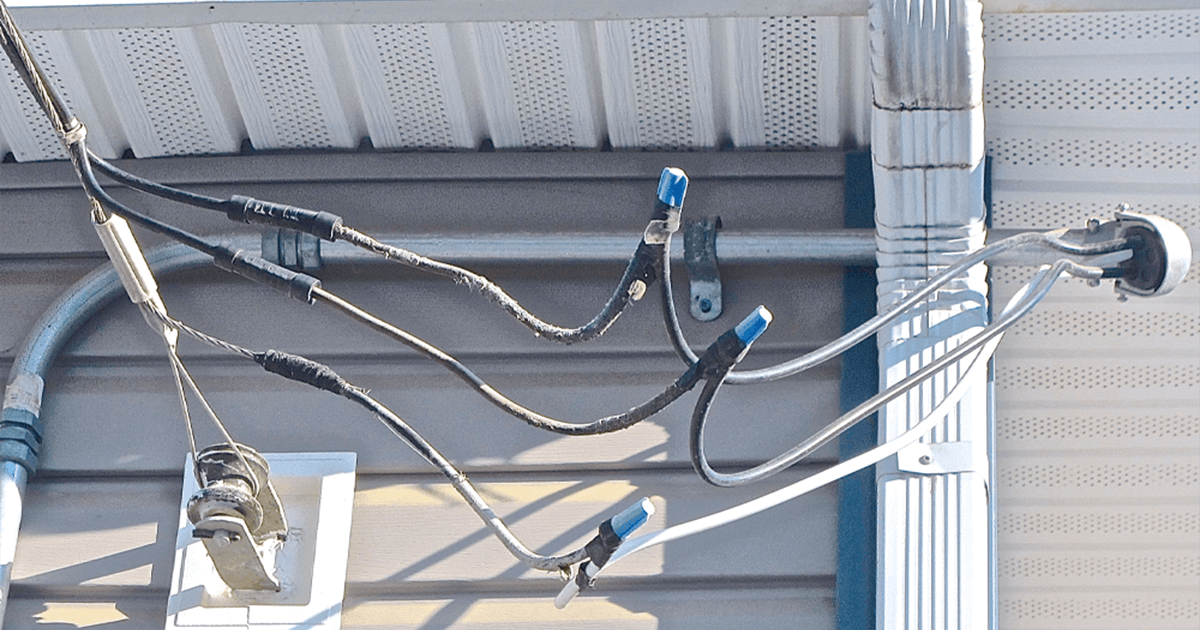In today’s uncertain economy, many people are exploring alternative ways to generate extra income. One increasingly popular option is converting a basement into a legal suite. However, the electrical and building requirements for such suites vary depending on the city. Let’s compare the requirements in Edmonton and Sherwood Park.
One of the key requirements for a legal basement suite is a kitchen, which must include a fridge, sink, and stove. Both cities have similar electrical code requirements, with no arc fault protection needed for fridges or counter/island/peninsula outlets. However, there’s a notable difference: in Edmonton, if you install a basement kitchen without applying for a legal suite, it’s classified as a bar area, and kitchen code requirements don’t apply. In Sherwood Park, a basement kitchen without a legal suite application is still classified as a kitchen, subject to different rules and potentially higher costs.
Smoke alarms are mandatory under the Alberta Building Code for legal suites. They must be connected to an unstitched power supply, have a built-in battery backup, and be interconnected. Here’s where the cities differ again: Edmonton permits the use of RF (radio frequency) interconnected smoke alarms, which communicate through radio frequencies like garage door openers. In contrast, Sherwood Park requires wired interconnection, potentially causing damage to existing drywall and additional expenses.
The building code now mandates a smoke alarm in each new bedroom in newly developed areas. If bedrooms are served by a hallway, a smoke alarm must also be installed within 5m of the bedroom doors. This requirement is consistent in both cities.

For legal basement suites, additional smoke alarms are necessary. In a two-storey home, one alarm is needed on each level (second, main, and basement). All smoke alarms must be interconnected within the dwelling unit.
Carbon Monoxide (CO) is a colorless, odorless gas that can be deadly in high concentrations. CO detectors are required outside sleeping quarters and must be battery-operated and mechanically fixed to a surface. Plug-in style detectors do not meet building code requirements.
Remember, always obtain permits for construction or building projects and check with local inspectors for specific requirements.





